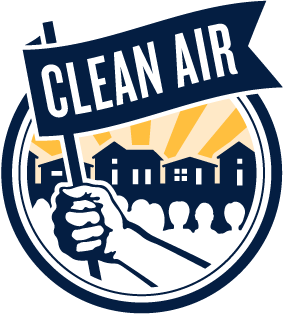EPA Fines NOCO $59,773 for Clean Air Act Violations
The EPA recently reached an agreement with the NOCO Energy Corp for violations at NOCO’s facility in Tonawanda on Grand Island Blvd.
NOCO operates a petroleum and chemical bulk storage terminal. This facility stores and distributes liquid petroleum, asphalt, fuel oil, gasoline, ethanol and other products containing regulated air pollutants. It also collects, blends and markets waste oil. This facility has sixty-eight storage tanks on their property.
According to the most recent data on the EPA’s Toxic Release Inventory, (TRI), the NOCO facility releases over 9,517 lbs. of air pollution, including the carcinogens naphthalene, benzene and polycylic aromatic compounds. The NOCO facility also emits pollutants that are known to target the central nervous system (CNS). The most recent data show that, in 2015 NOCO emitted 2,308 lbs. of toluene, 2,684 lbs. of xylene, and 535 lbs. of n-hexane, all which can cause CNS problems.
Many of our members recognize NOCO by the strong petroleum smell that occurs right before the Grand Island Bridge.
NOCO has also been found in violation numerous times over the last 5 years for violation of the Clean Air Act.
In 2014, our membership sent letters to the Department of Environmental Conservation and the Environmental Protection Agency demanding more pollution control technology at the facility.
A few months ago it was announced that the NOCO would install pollution control devices to capture emissions from their asphalt tanks. This technology is scheduled to be installed between 2015-2019. Clean Air was encouraged that pollution controls would be put in place and petitioned the Department of Environmental Conservation (DEC) to require the company to improve how it monitors emissions, stressing that good monitoring is necessary to ensure that pollution controls work properly.
Then, on August 17th 2015, the EPA released a consent agreement that found NOCO in violation of the Clean Air Act, fining the company $59,773 for not monitoring pollution as required by law. The agreement also requires the company to follow Clean Air regulations in the future.
We are hopeful that this action taken by EPA will reduce the smell by the Grand Island Bridge and further reduce toxic air emissions in Tonawanda.
